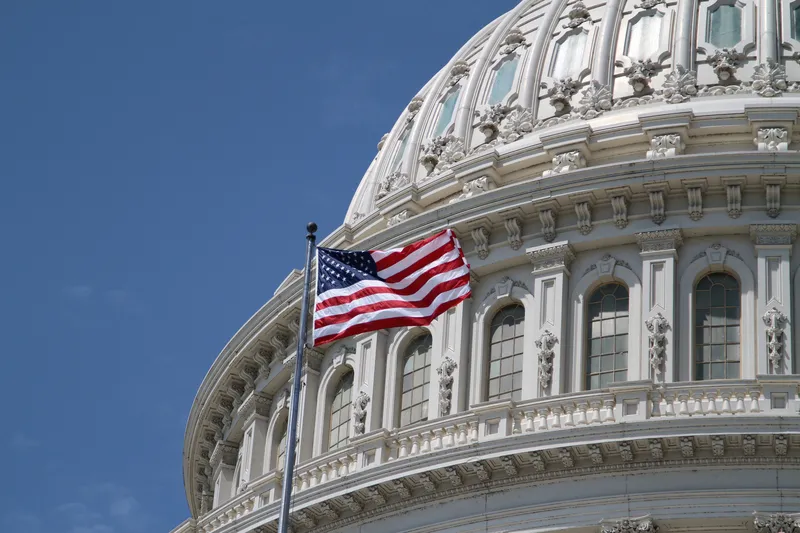The International Bridge, tunnel and Turnpike Association (
According to the Rhode Island government, Rhode Island ranks last in the US in overall bridge condition, with about 22 per cent of the 1,162 bridges in the state structurally deficient. Officials plan to fix more than 150 structurally deficient bridges in the state and make repairs to another 500 bridges to prevent them from becoming deficient by investing significant additional funding in transportation infrastructure. This involves charging a user fee on only large commercial trucks - not cars or smaller trucks – and taking advantage of the additional funding in the FAST Act, which Congress passed in December 2015.
Patrick D. Jones, IBTTA executive director and CEO, International Bridge, Tunnel and Turnpike Association, said, “This is a bold move to maintain major infrastructure, keep residents of Rhode Island safe, and grow the economy. Other states, including nearby Connecticut, are watching.”
Jones pointed out that while the gas tax has been a sold tool to fund roads and bridges, congress has not raised the tax since 1993 and it has lost much of its purchasing power since then. He said that in response to the need for additional dedicated funding, Rhode Island and many other states are looking at alternatives such as tolling; across 35 states, tolling generates more than US$14 billion annually in revenues to support nearly 6,000 miles of toll roads.
“With the passage of Rhode Works, the smallest state in the nation has taken the most significant action to address their infrastructure needs with both a reasonable plan and a steady revenue stream to repair and maintain Rhode Island’s deteriorating bridges. Gov. Raimondo’s Rhode Works program places a toll on big-rigs travelling up and down the East coast. Each truck toll will be as little as US$3 and the maximum for a one-way route from Connecticut to Massachusetts along Interstate 95 will be US$20,” said Jones.
Rhode Island’s Rhode Works ‘a bold move’, says IBTTA
The International Bridge, tunnel and Turnpike Association (IBTTA) has applauded Rhode Island Governor Gina Raimondo and state legislators for passing Rhode Works to raise revenue for much-needed bridge repairs and maintenance across the state. According to the Rhode Island government, Rhode Island ranks last in the US in overall bridge condition, with about 22 per cent of the 1,162 bridges in the state structurally deficient. Officials plan to fix more than 150 structurally deficient bridges in the state an
February 12, 2016
Read time: 2 mins








